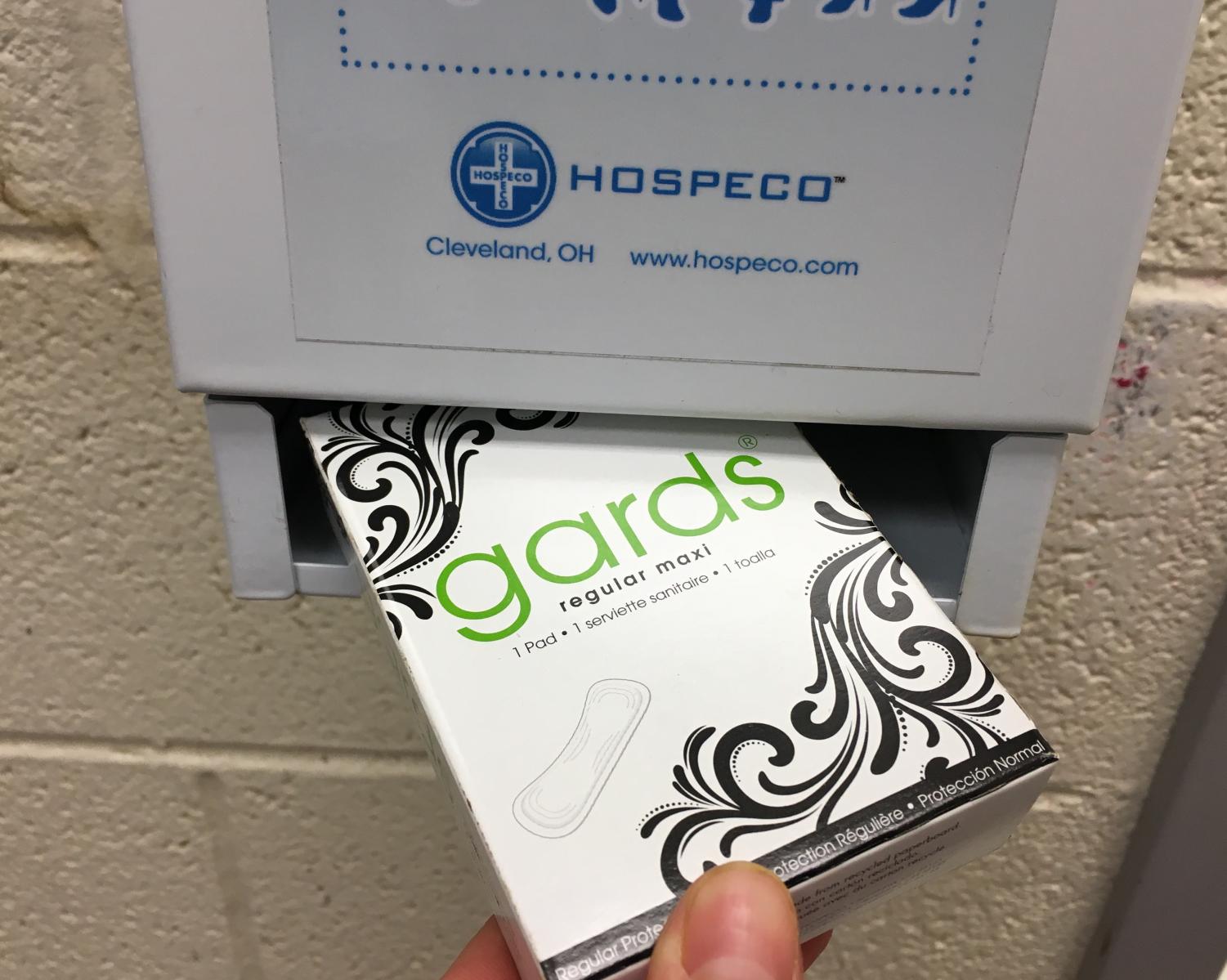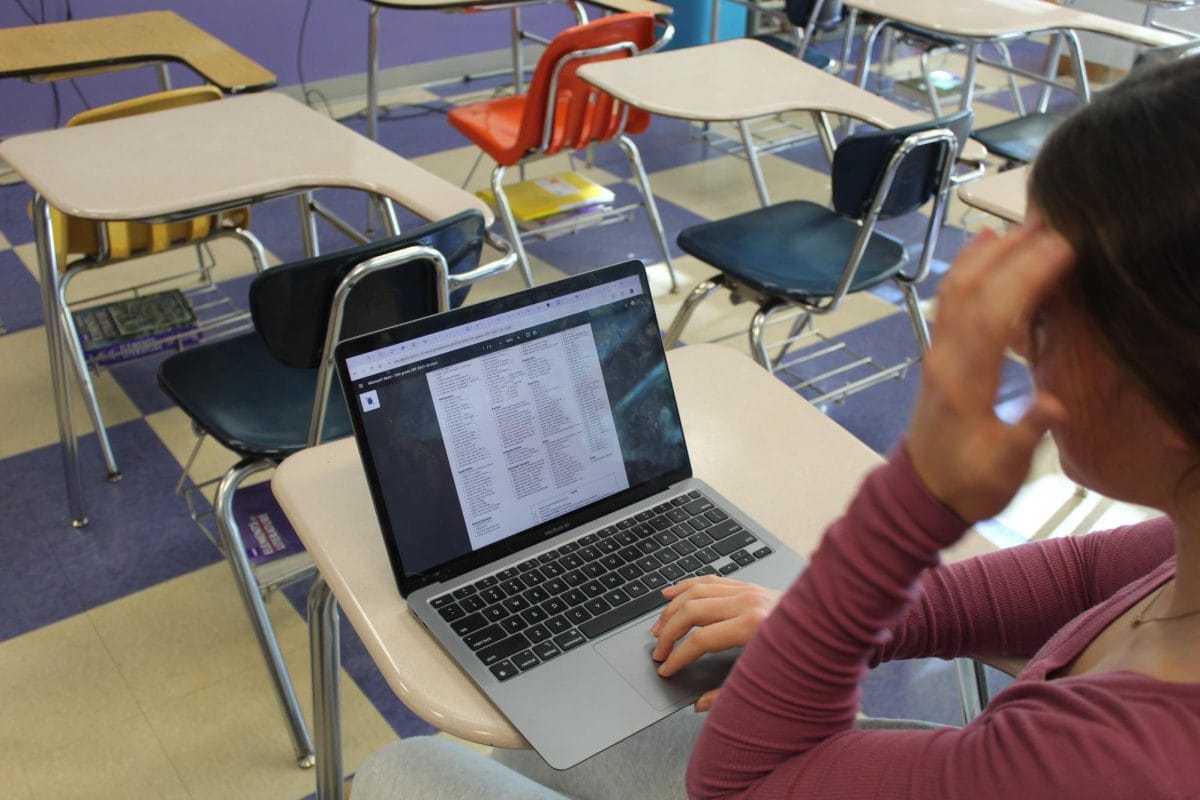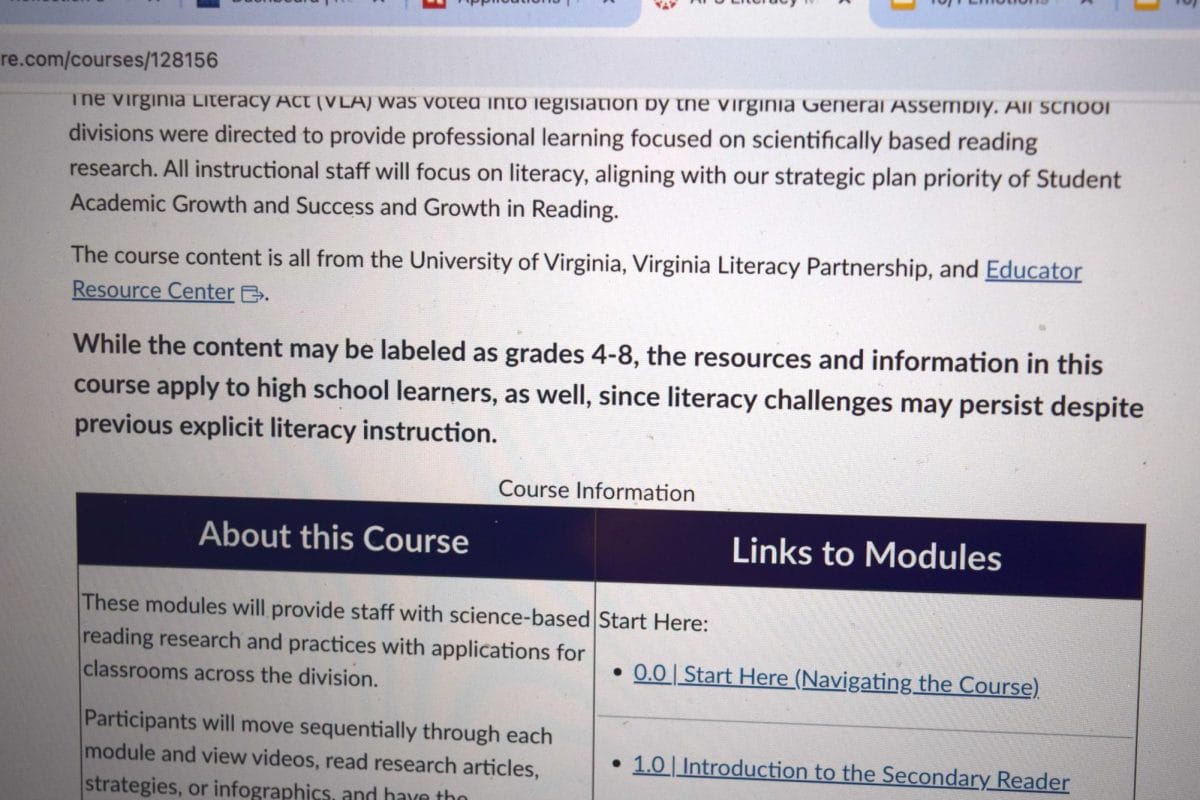Easily obtaining feminine care products in our school was once a challenge. One used to have to keep a stash in a locker, or hastily shove a pad into a pocket from the depths of one’s backpack on the way out of class. The dispensers in restrooms for 25¢ tampons were always empty, and friends and self-reliance were the only way to go. This made both emergencies and normal everyday functioning difficult, and in a way subtly encouraged the culture of surreptitiousness and shame that often surrounds menstruation.
But on Monday, March 4, dispensers of free feminine care products appeared in the women’s bathrooms, marking a change that might make life a little easier. Health teacher Stephanie Meadows was instrumental in the implementation of the dispensers.
“I came up with the idea because a few times a year, I get a girl that asks me if I have any feminine care products, and I always do. But then I thought about that girl who is not comfortable with any teacher at all, asking for feminine care products, or having to ask a male teacher. So why not have them available for students?” Meadows said.
Deborah DeFranco, the Supervisor of Health, Physical Education & Drivers Ed. for Arlington Public Schools (APS), initially discussed the idea during a county-wide department meeting of the health and physical education staff of APS. DeFranco gave the staff information about accessing free products. Companies like Always and Tampax often provide free feminine care products to schools; therefore, the only need for funding would come with the purchase and maintenance of the dispensers. Meadows brought the idea to Principal Bridget Loft and Assistant Principal William Lomax, who quickly agreed to the installation of the dispensers.
“My reaction when Ms.Meadows brought this opportunity to my attention was, “but of course!”; I was disappointed in myself and the system that we hadn’t considered this initially. The fact that we would require high school girls to pay for pads, or at least have the dispensers that required payment that were often empty, is an anathema. Girls are across a spectrum as far as readiness, as far as when they begin their periods. Why should we throw another obstacle in their way?” Loft said.
Meadows had the foresight to realize that these dispensers not only make it easier to access what people may need for emergencies, but also contribute to making our school a safer and more comfortable space. After all, most women at Yorktown are affected by menstruation, which can sometimes be extremely painful, as it can induce severe cramps, backaches and sometimes worsen the effects of emotional or mental health issues. On top of this, the culture of shame that often surrounds menstruation turns it from a perfectly healthy, normal and natural function into something akin to an illness or defect. If those who menstruate cannot easily access the resources they need, their focus and education may suffer, and this raises the question of gender equity in schools.
“Some may disagree, but this is an equity issue. We go to public places, movies, malls, and they have feminine care products, but you have to pay for them. The machines [that were] in the older [Yorktown] building, you had to pay for. But who really has a quarter? I know that the nurse’s office has feminine care products as well. If a student needs one, they can go get one without having to ask a teacher or go to a nurse, and could get one for free,” Meadows said.
In late 2018, In Style estimated that “Americans who menstruate are spending more than $275 million a year on state taxes on their period products”. Residents of Northern Virginia are currently paying a 6% tax on feminine care products, and the total revenue generated from these products at the state level is about $5 million annually (Capital News Service). These taxes are arguably one of the largest barriers to “menstrual equity,” a term coined by Jennifer Weiss-Wolf, the author of Periods Gone Public. Weiss argues that taxes on feminine care products are taxes on a natural body function specific to women, therefore these taxes are a form of gender-based discrimination.
“When you say you’re for ‘menstrual equity,’ it means you’re for educational equity; it means you’re for workplace equity; it means you’re for health equity,” said Weiss (New York Times).
Additionally, when discussing gender equity, you are also discussing the rights of all people who menstruate, not just cisgender women. Meadows also raised this point.
“Ms.Loft and I talked about the gender neutral bathrooms, which are the teachers’ lounge ones. The [products] are not in these bathrooms at all … most adult women carry things with them, so it’s not really an issue. I did discuss with Ms. Loft the idea of putting [the dispensers] in the male restrooms. We will pilot that first, and see how it goes,” Meadows said.
Currently, there is no finalized plan to put dispensers in the male restrooms at Yorktown. But because transgender men and some non-binary people can also menstruate, the need for dispensers occasionally extends to male restrooms. Meadows suggested that the pilot program of dispensers in male restrooms could initially take place in the restrooms that are the most heavily used by the public, such as the ones on the ground floor near the gym. This would easily accommodate members of the public in addition to members of the school community who might use the dispensers.
Some of the men of Yorktown were supportive of the implementation in the women’s restrooms, which hints that this pilot program in the men’s rooms might be successful.
“I think that [the dispensers] are a good thing because these products are essential for these women to be able to maintain a healthy way of living. If they are also under circumstances where they are not able to afford these products […] It is important that they get free access,” said Seth Goodwin, a senior.
However, despite the discussion of possibly controversial pilot programs and equity issues, the female students feel overwhelmingly encouraged.
“I think it is a great idea for people who don’t have the same access. Half the population has to deal with it, so in tight circumstances, it can prevent uncomfortable situations and validate the experience of women at Yorktown,” said Angela Gormley, a senior.
“I thought it was really cool that the school was providing the products needed by every girl in this school. I thought it was great,” said Meghan Donahue, also a senior.
Yorktown has joined a sweeping movement of high schools and colleges across the United States that are providing their students with free access to feminine care products. This wave accompanies the recent revelations of the #MeToo movement, which has fostered new discussions of gender equity and inclusivity in addition to eliminating the stigmas around menstruation and sexual assault.
Arlington, Virginia prides itself on being a “diverse and inclusive world-class urban community … where people unite to form a caring, learning, participating, sustainable community” (Arlingtonva.us). Yorktown has further embodied this claim of being a caring and learning community with the implementation of these free feminine care products. Perhaps the rest of the county will soon follow Yorktown’s example.











































